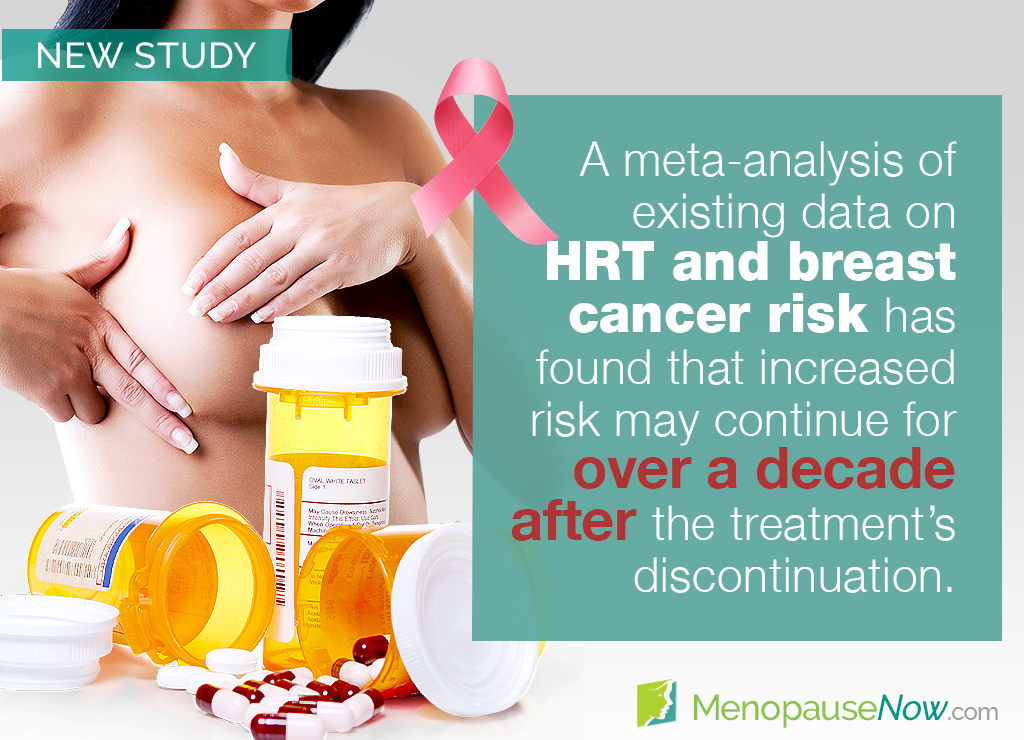The link between hormone replacement therapy (HRT) and breast cancer was discovered two decades ago, resulting in a drastic reduction of its use by menopausal women in recent years.1
Despite these risks, HRT is still used by millions of women around the world, necessitating further research to better understand its effects on female health. With that in mind, researchers from The Collaborative Group on Hormonal Factors in Breast Cancer conducted an extensive analysis of available data on women after menopause.
Study Design
Researchers compiled and analyzed data from existing worldwide studies on postmenopausal women, conducted between 1992 and 2018. The results of this meta-analysis were published in the 2019 edition of The Lancet journal.
They selected 58 prospective and retrospective studies, encompassing 143,887 women who had invasive breast cancer and 424,972 who were breast cancer-free. Among the participants were women who have never taken HRT, those who were on it at the time of the study, and those who have taken it in the past.
Studies were classified according to such variables as women's age at first HRT use, treatment duration, type of HRT used, time since last use, body mass index (BMI), breast cancer status, and others.
Study Findings
The results of this study show a higher risk of developing breast cancer in women who have started taking HRT (except for vaginal estrogen) at the age of 50 and continued taking it for five years.
That risk increases with longer treatment duration and would be about double in women taking HRT for 10 years.
A more detailed breakdown of the HRT-associated breast cancer incidence is as follows:
Breast cancer risk is higher in women who have been taking HRT (8.3%) than those who never took it (6.3%).
Women taking combined HRT (7.7%) are at a greater risk relative to those taking estrogen-only HRT (6.8%).
Those taking daily progestin had a higher breast cancer risk as opposed to those taking it intermittently.
HRT use that is shorter than one year was associated with only a slightly increased breast cancer incidence.
Results have also shown that breast cancer risk may persist for more than 10 years after discontinuing HRT, depending on treatment duration and its type.
What Does It Mean?
While researchers stress that this study builds on an already existing link between HRT and breast cancer, it does provide new evidence that the risk of developing breast cancer depends on the duration of treatment and may continue for over a decade after stopping its use.
These findings may help menopausal women make more informed decisions about their health. They also call for a more personalized approach by their physicians to treat menopause symptoms, using HRT more cautiously.
Sources
Footnotes:
- JAMA. (2002). Risks and benefits of estrogen plus progestin in healthy postmenopausal women: principal results from the Women's Health Initiative randomized controlled trial. Retrieved September 14, 2020 from https://pubmed.ncbi.nlm.nih.gov/12117397/

